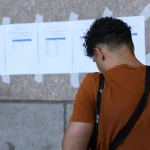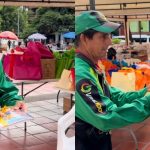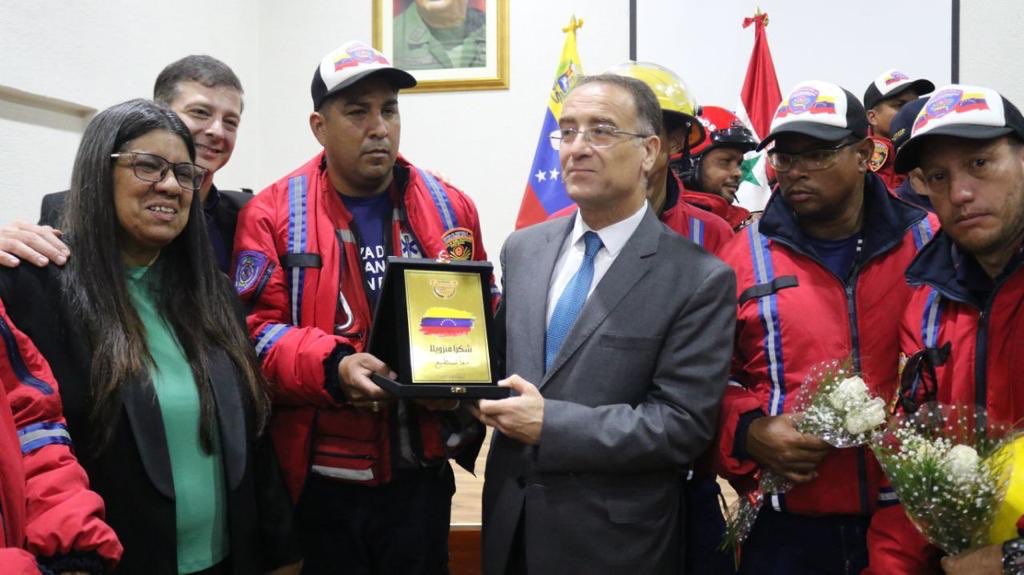
In the last few hours, a small scandal has arisen in the Uruguayan educational world, after it emerged that in the 9th grade Arts and Literature program of the National Administration of Public Education (ANEP) were included as web resources The Rincon del Vago and Wikipedia.
Twitter users were quick to express their criticism and concerns about the inclusion of these pages, and no wonder. Some people questioned how a platform like The lazy man’s cornerin which academic papers can be uploaded without a reliable information verification process, is used as a resource for education.
The acceptance of Wikipedia was also questioned. Although it is true that this web service is much more rigorous in the information it shares, which may even be reliable, it is edited and moderated by people who do not necessarily have the qualifications necessary to do it.
Silva justifies these educational “resources”
The president of the Central Board of Directors of ANEP, Robert Silva, He stepped out to clear things up. According to him, what appears in the program is simply a “list of resources” that teachers can take into account, and that, in fact, if they look at the resources for students, these do not include El Rincón del Vago or Wikipedia .
Silva also argued that teachers must know “all the resources” that exist, in order to develop their activity as such, which includes knowing online platforms, although some may be unreliable.
In addition, the president of the Codicen was outraged by what he called a “campaign” to discredit educational initiatives. He denounced what he understands is “a campaign” for “try to discredit and find the hair to the egg of the things that are being done in education”.
The truth is that neither Rincón del Vago nor Wikipedia are verifiable or reliable sources, at least in academic or scientific environments.

















